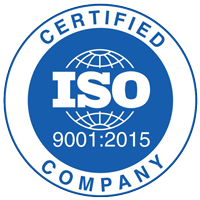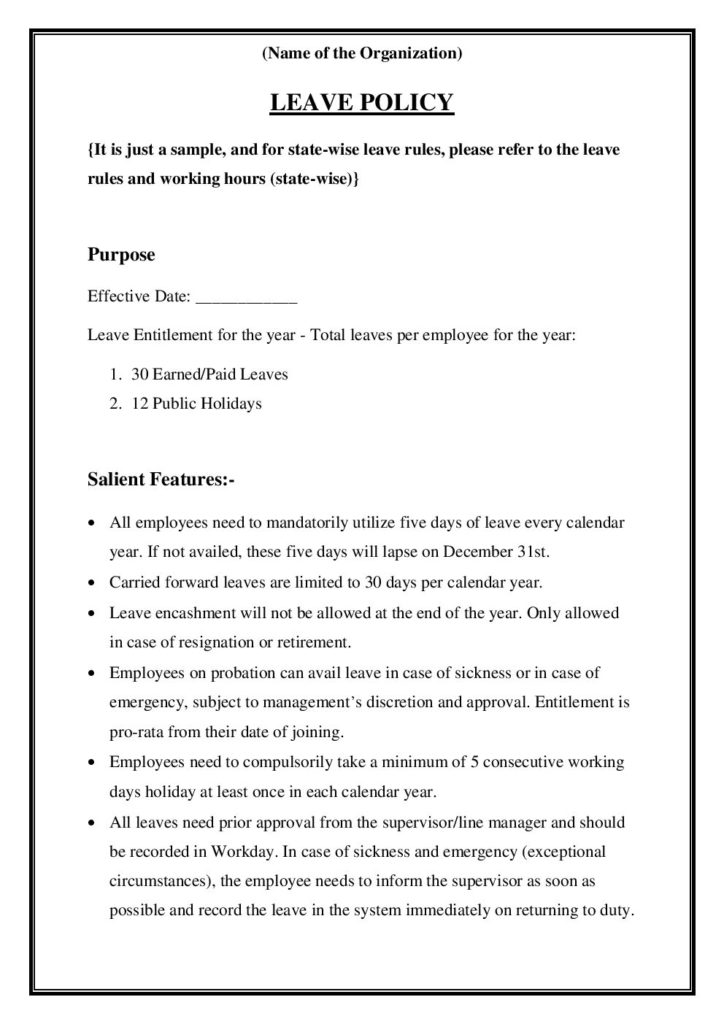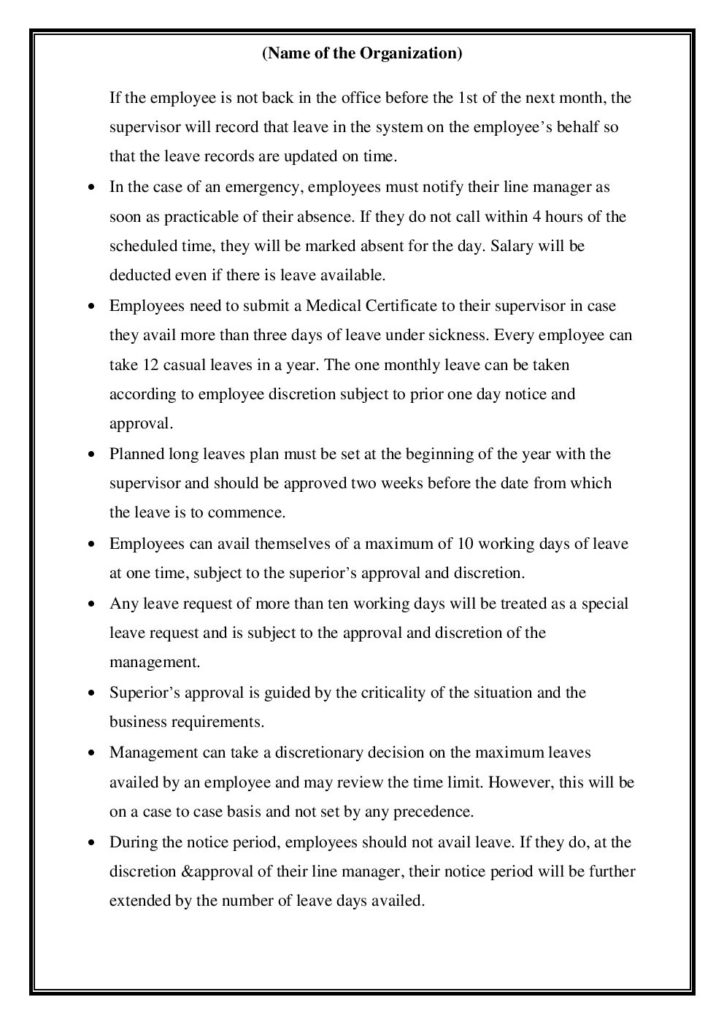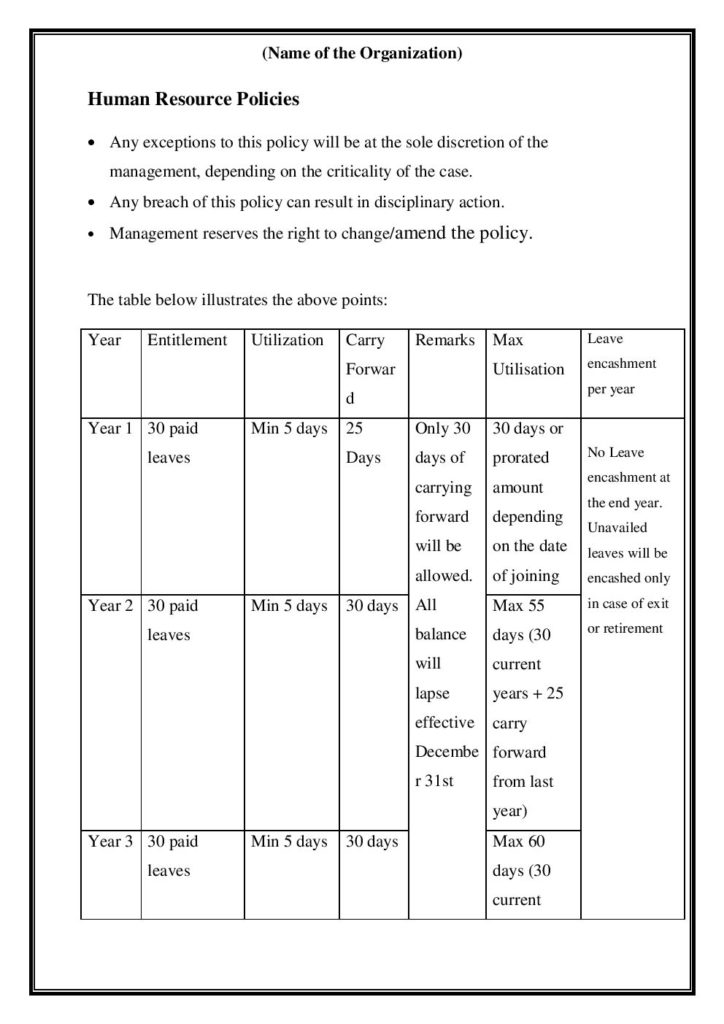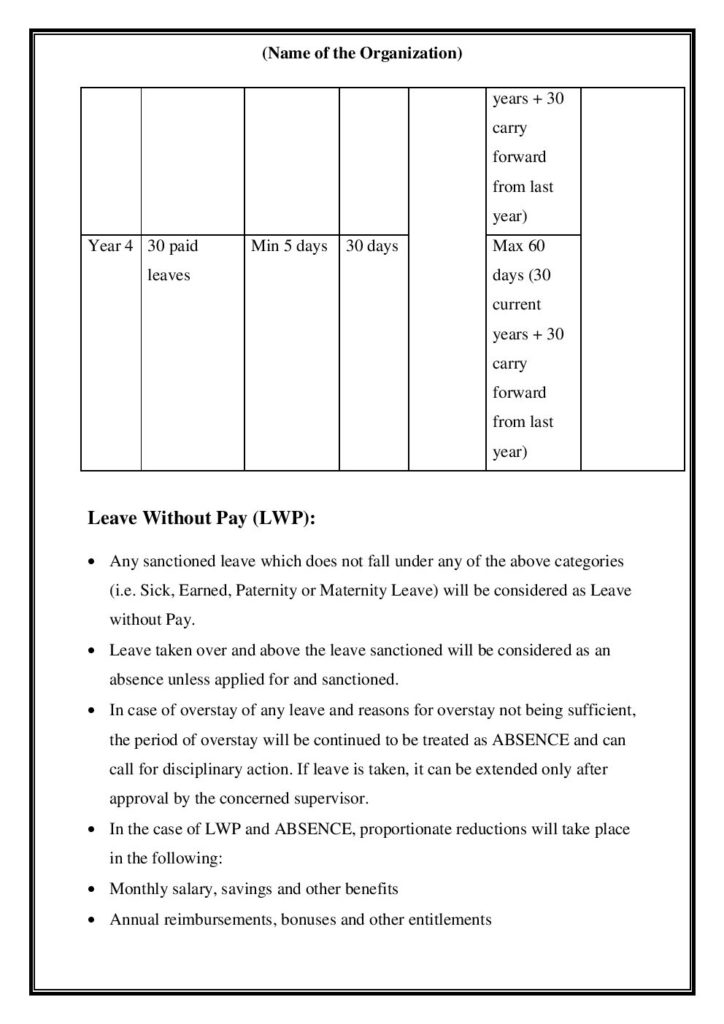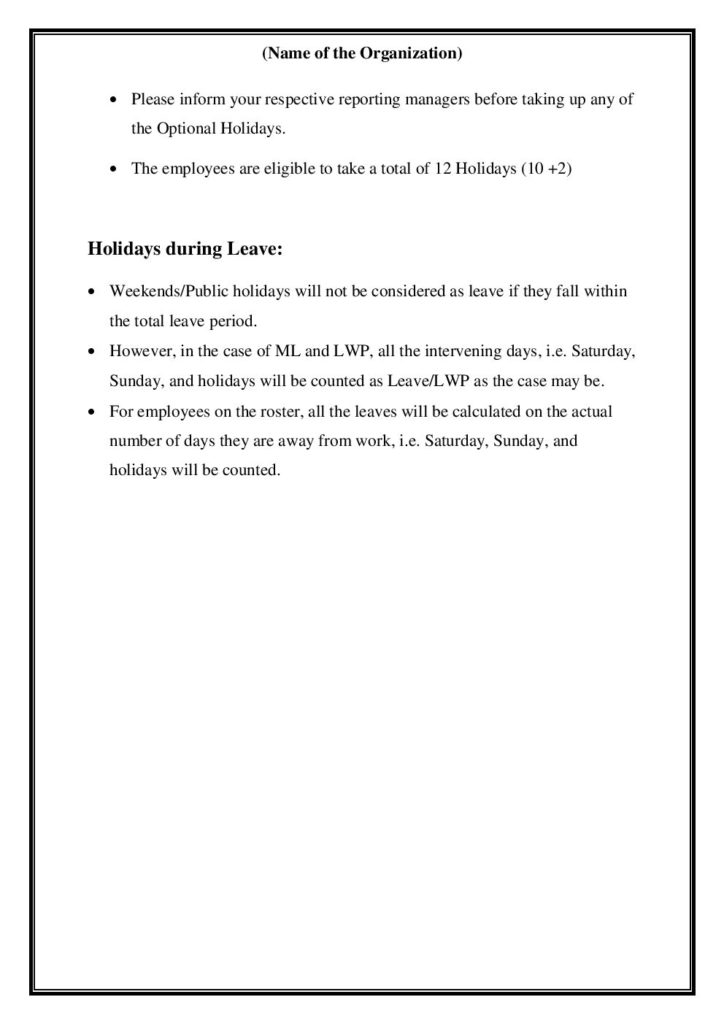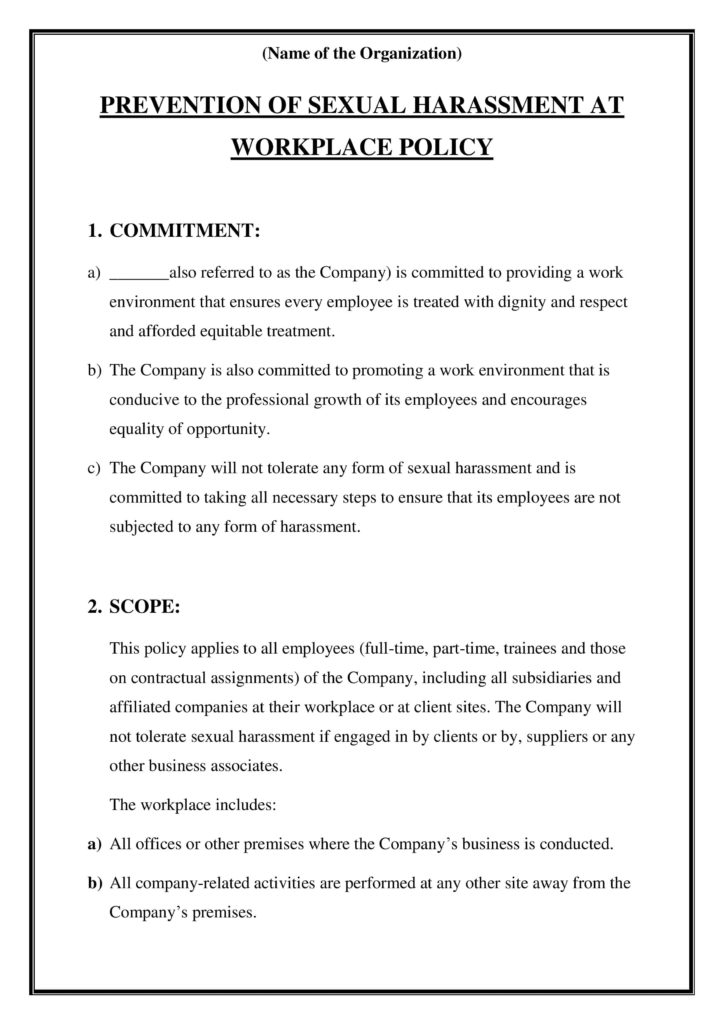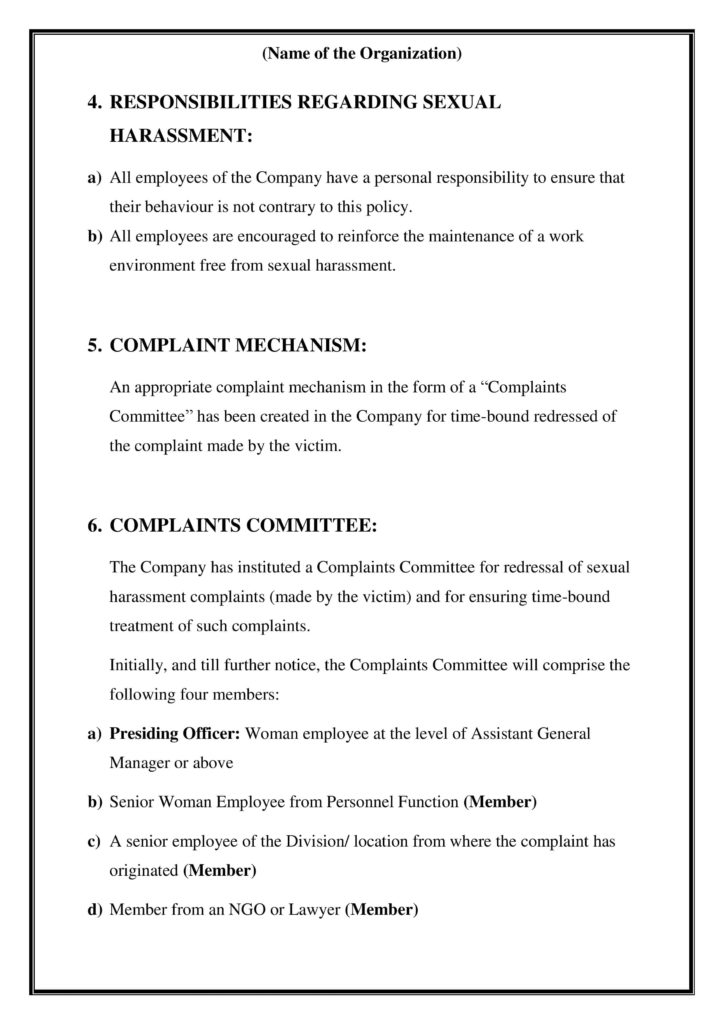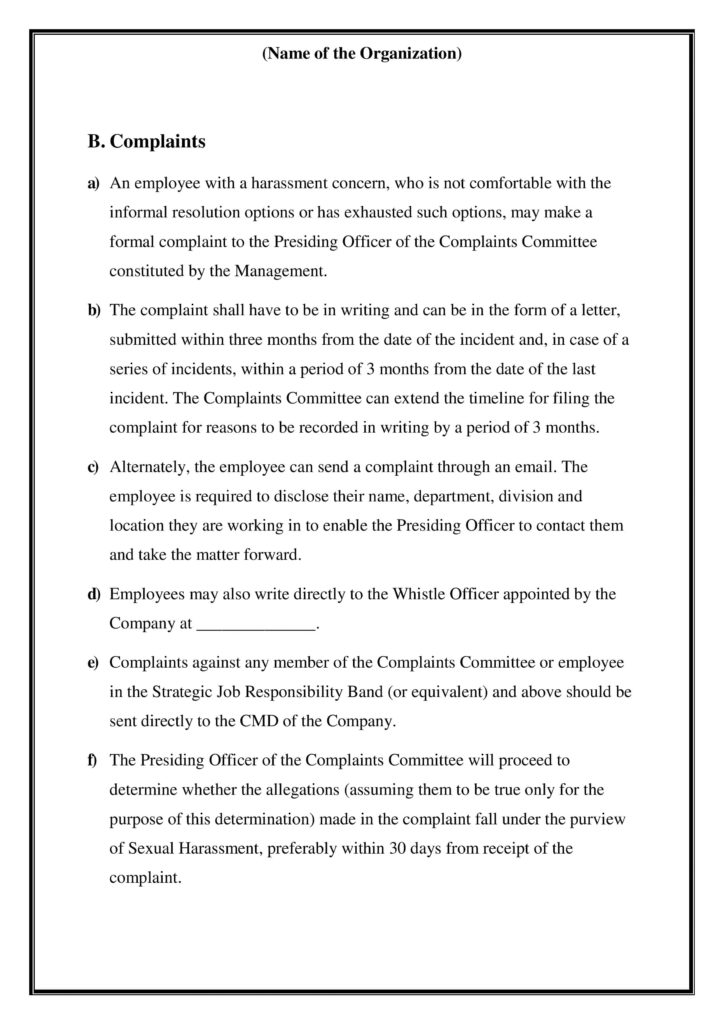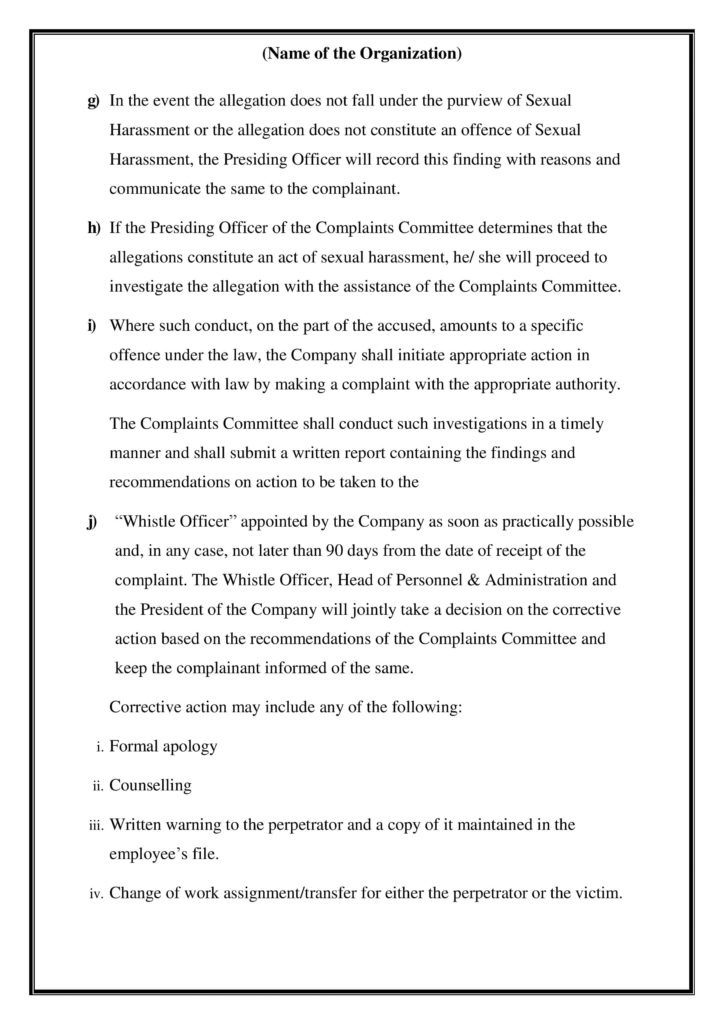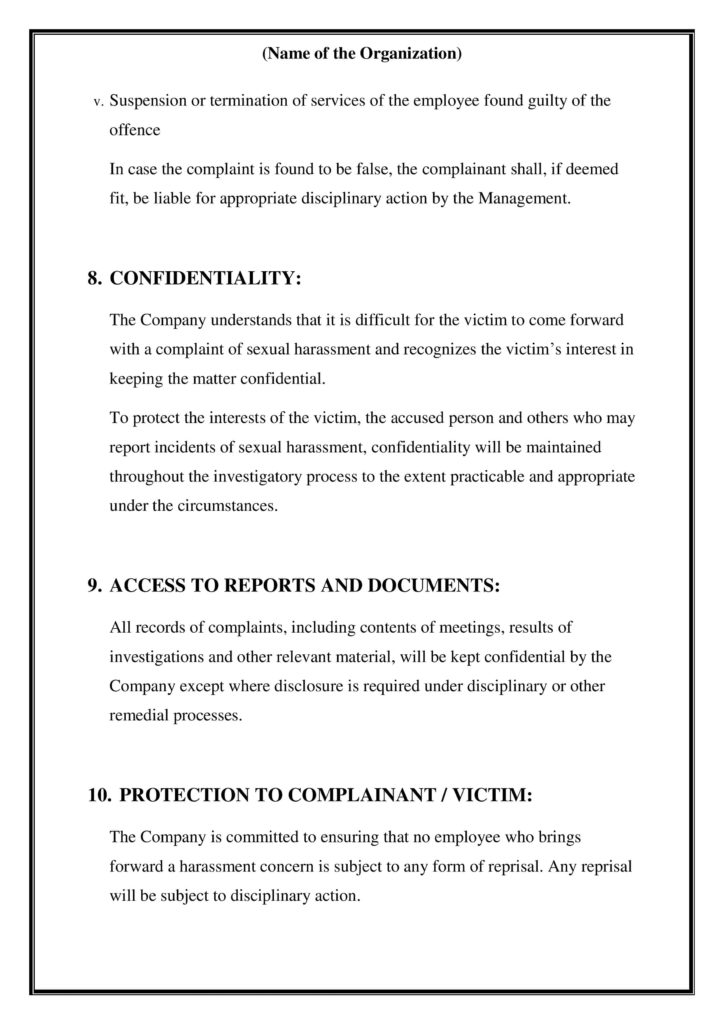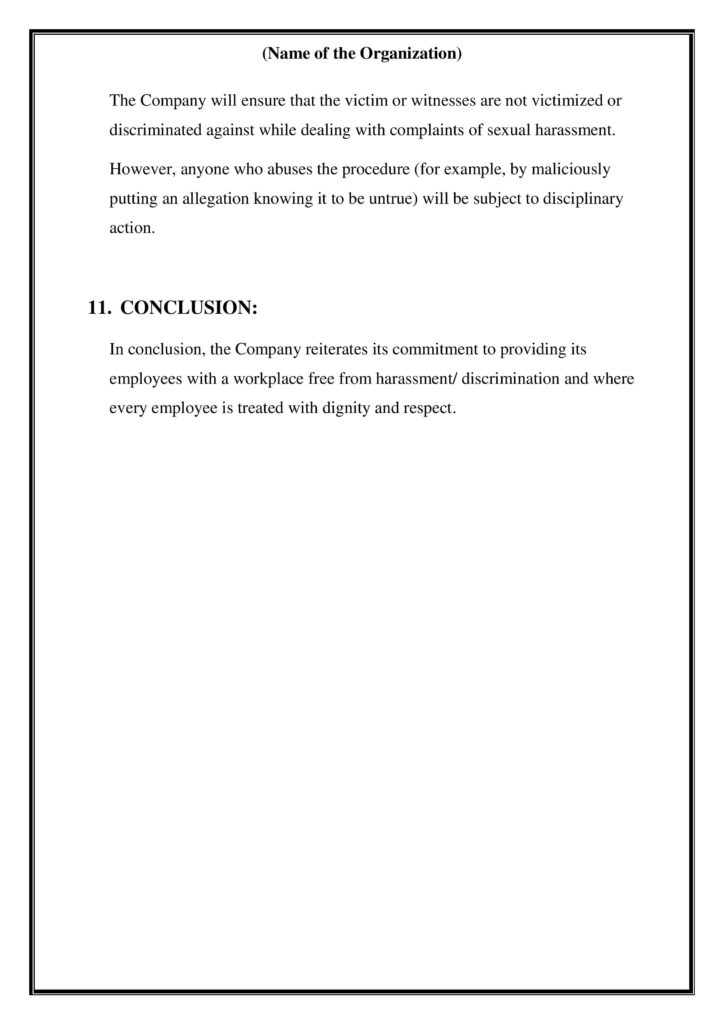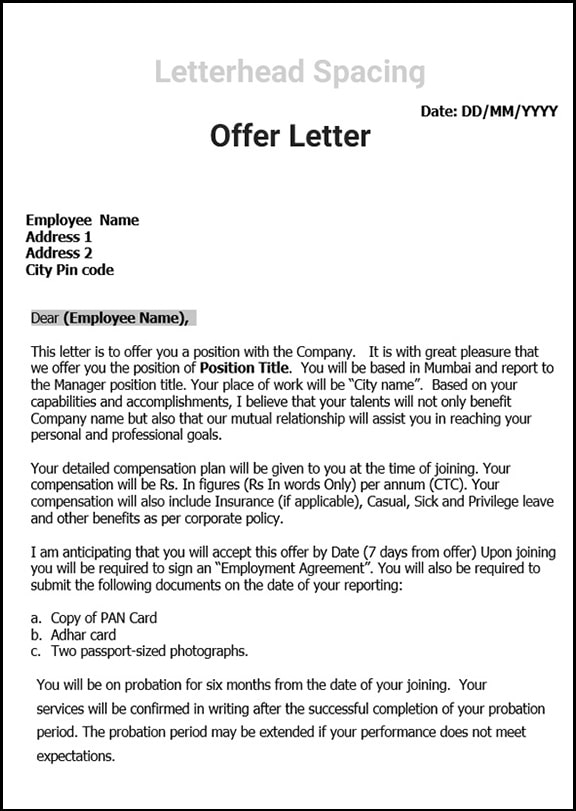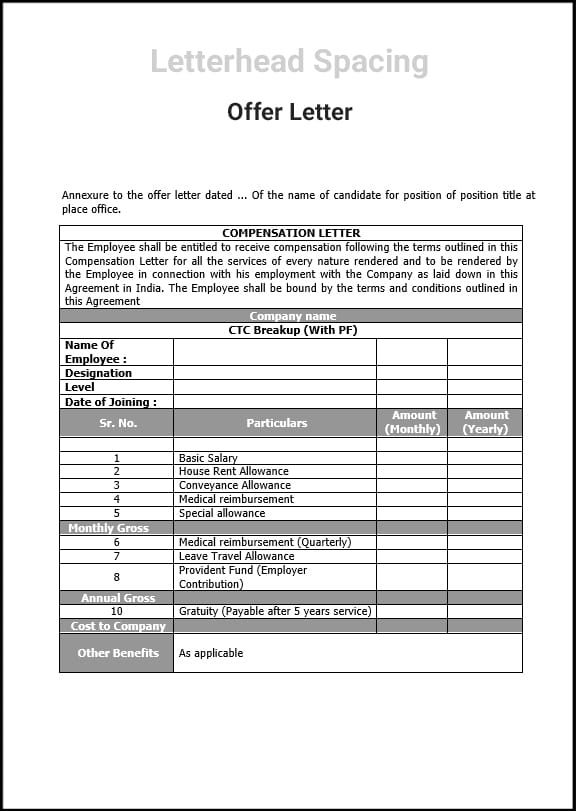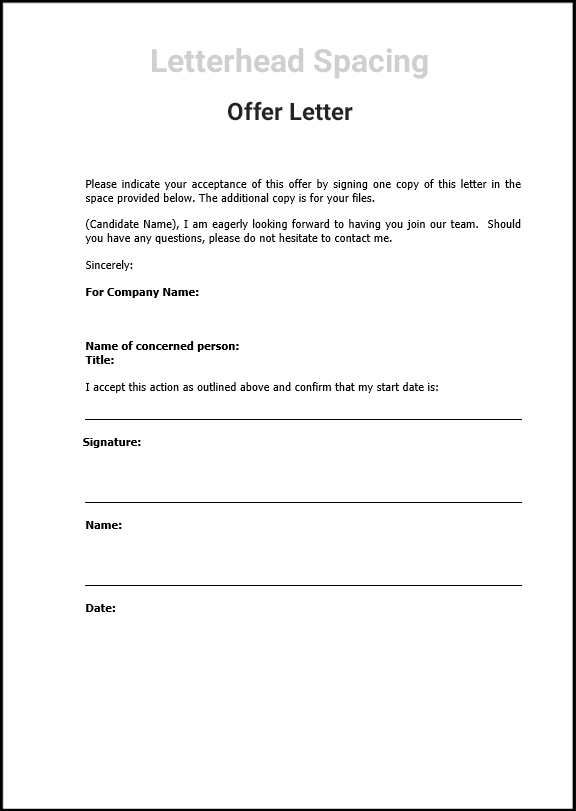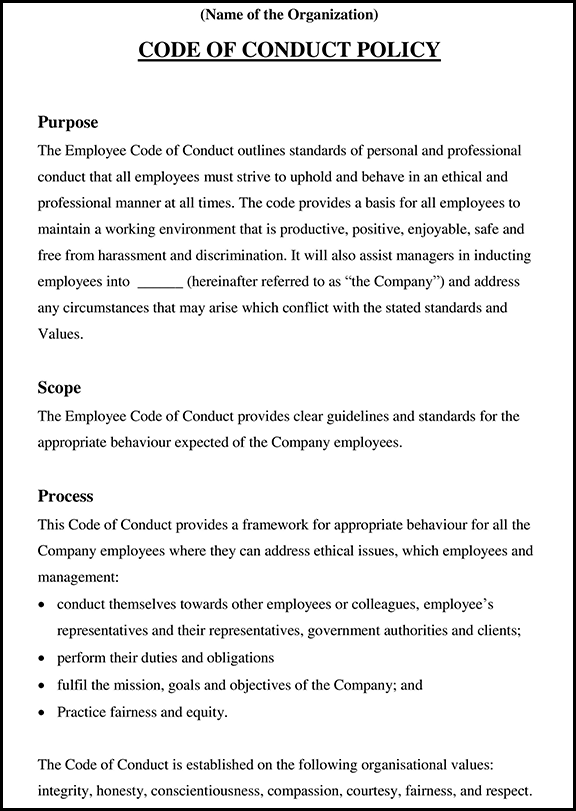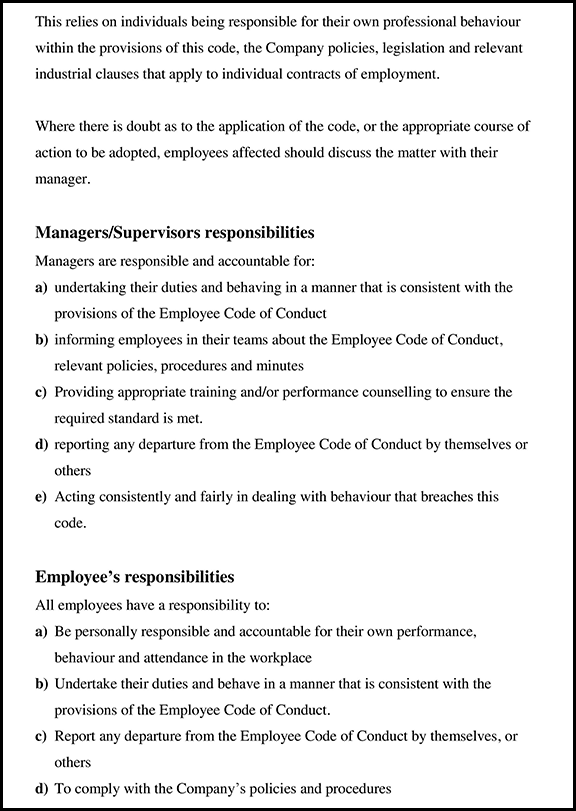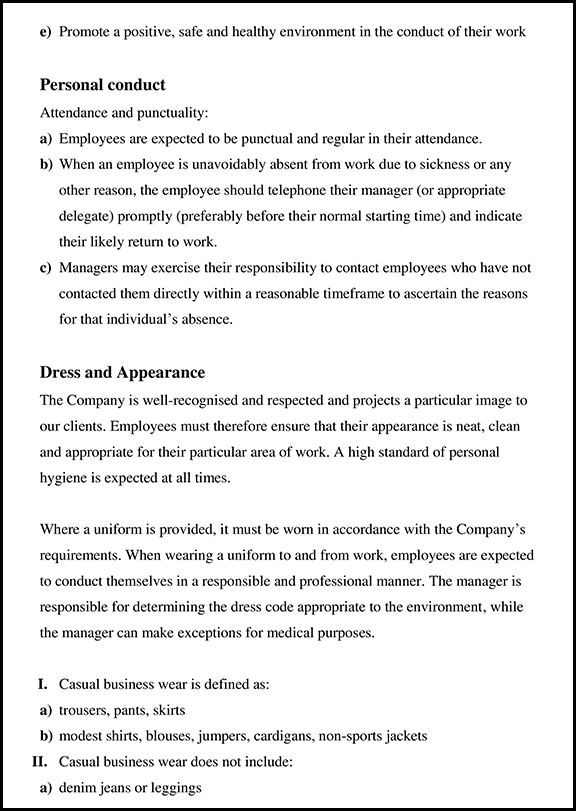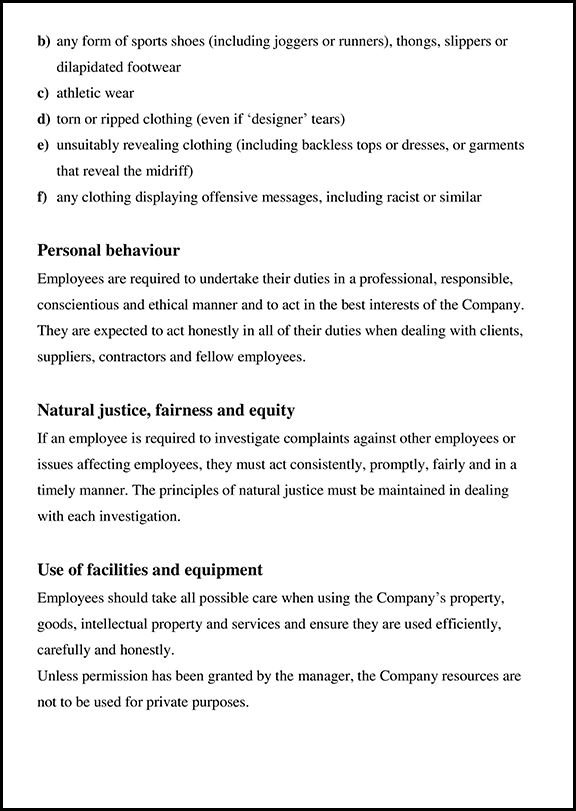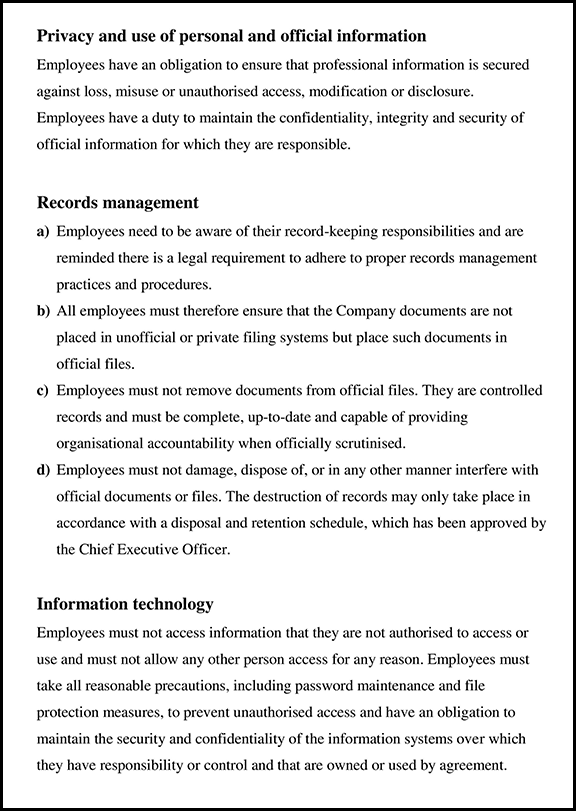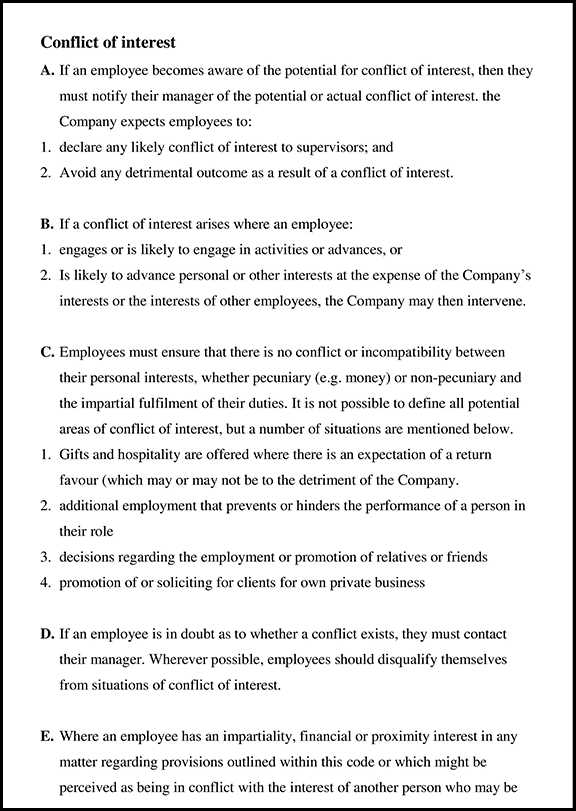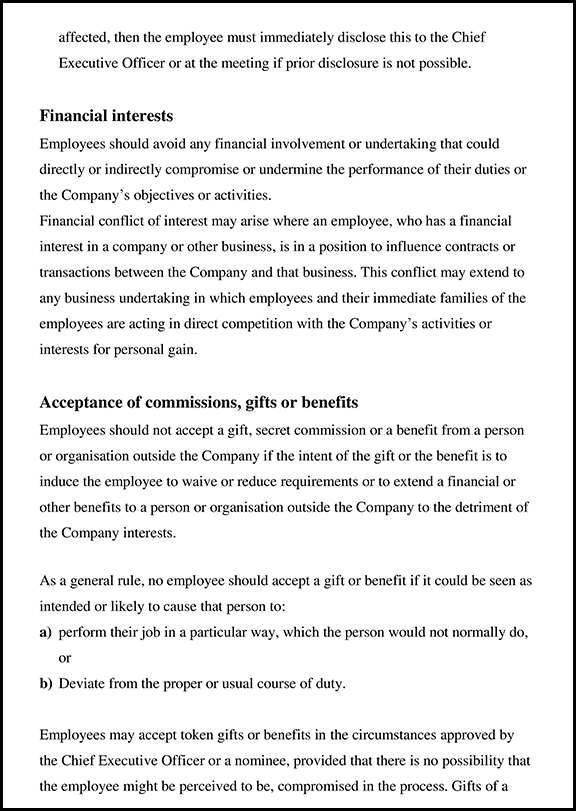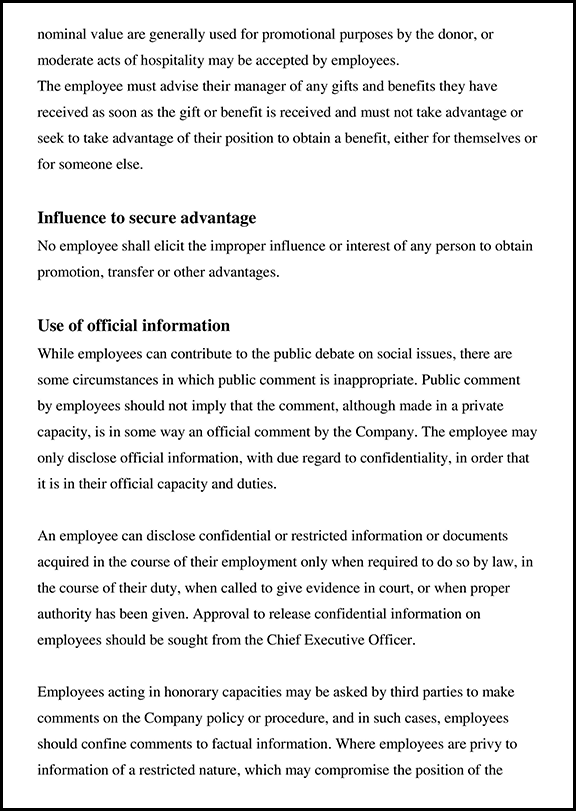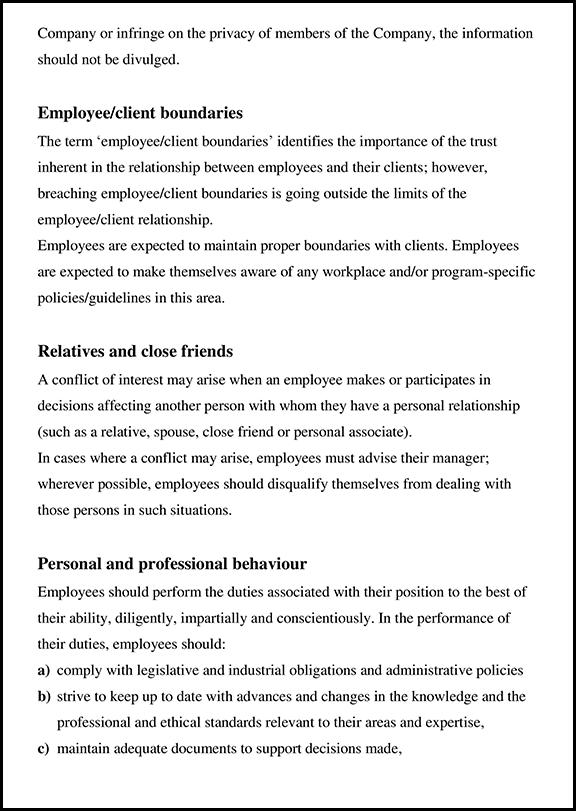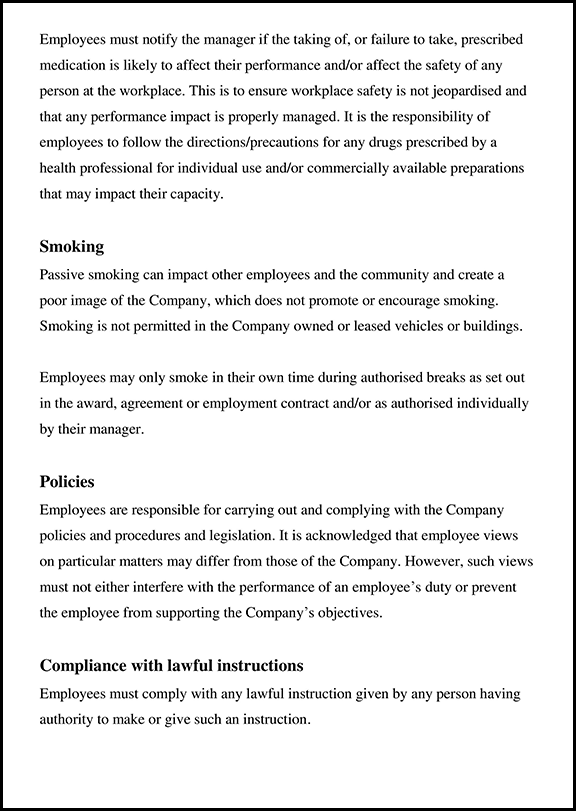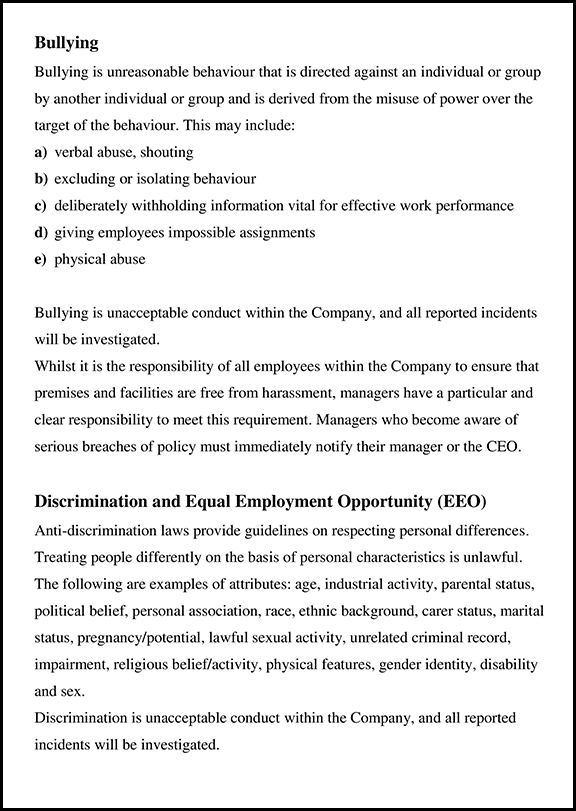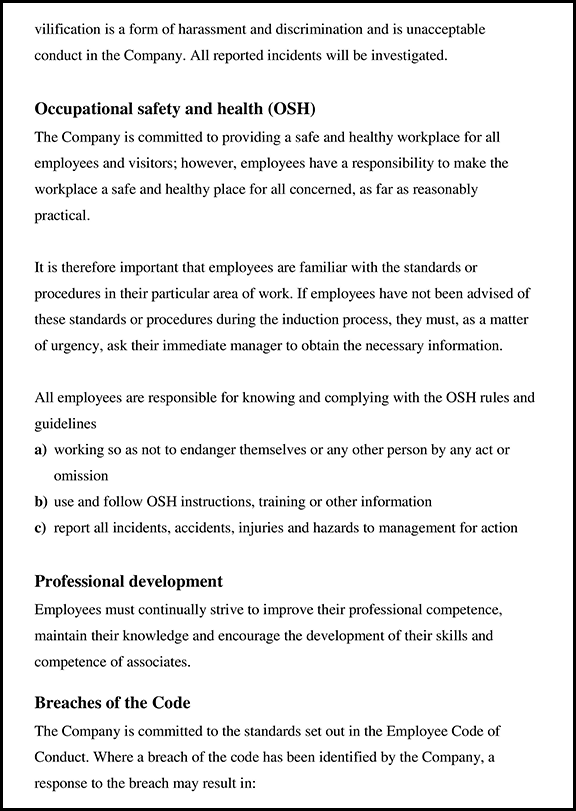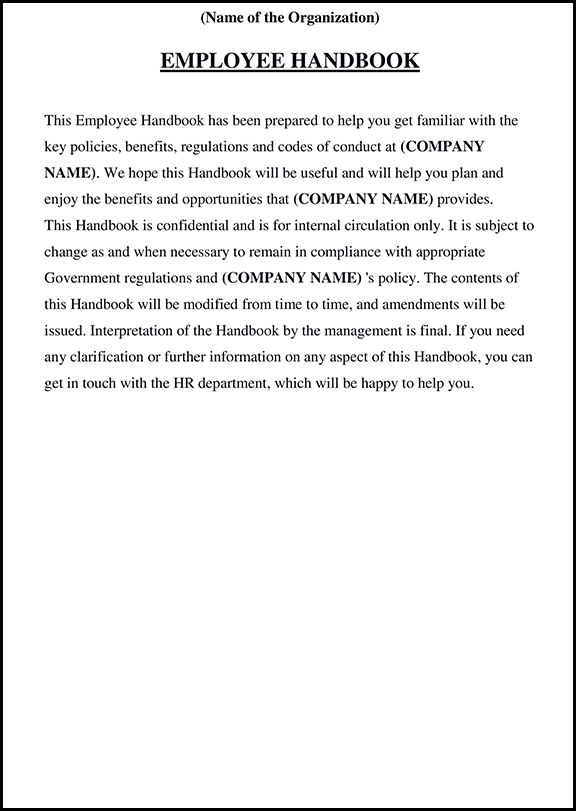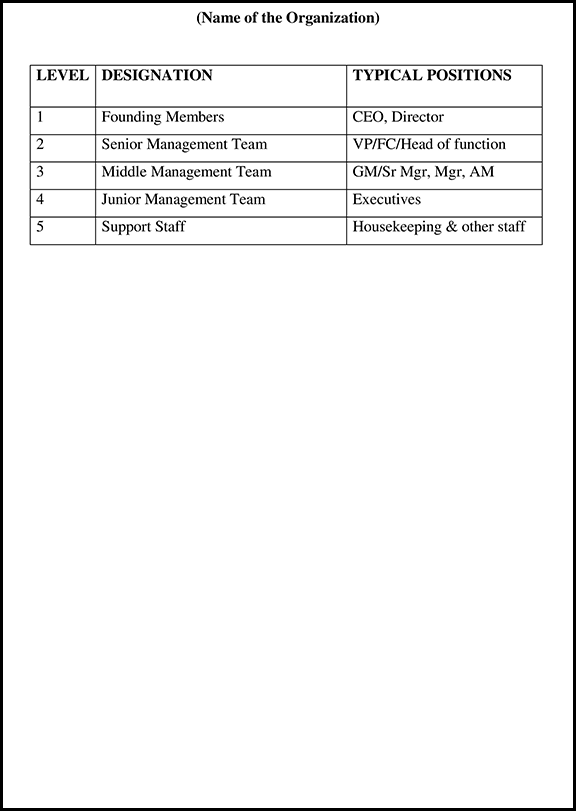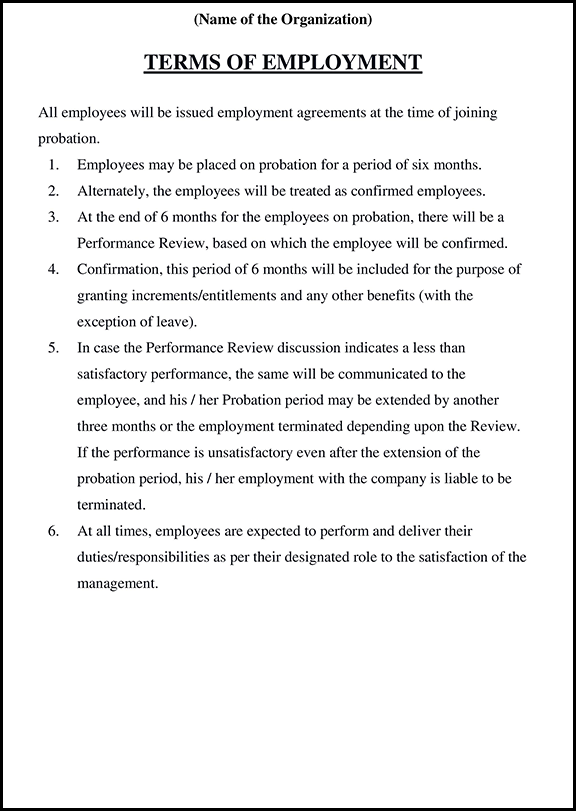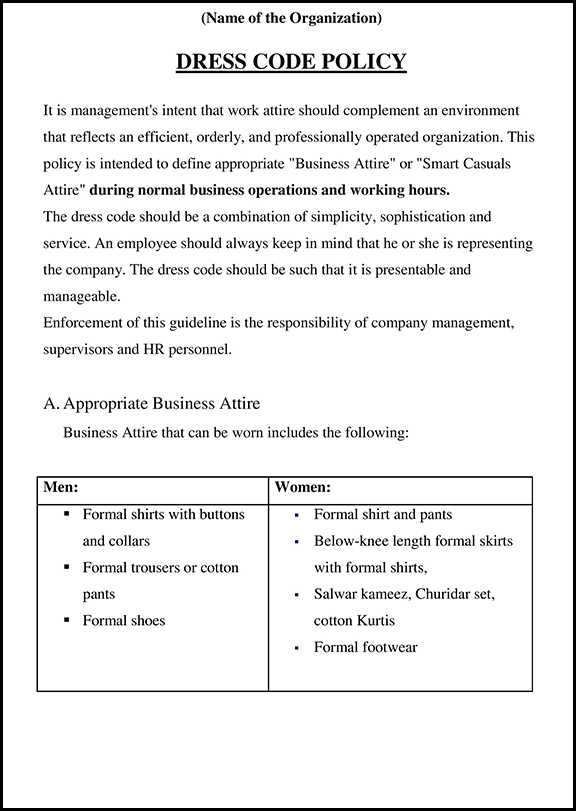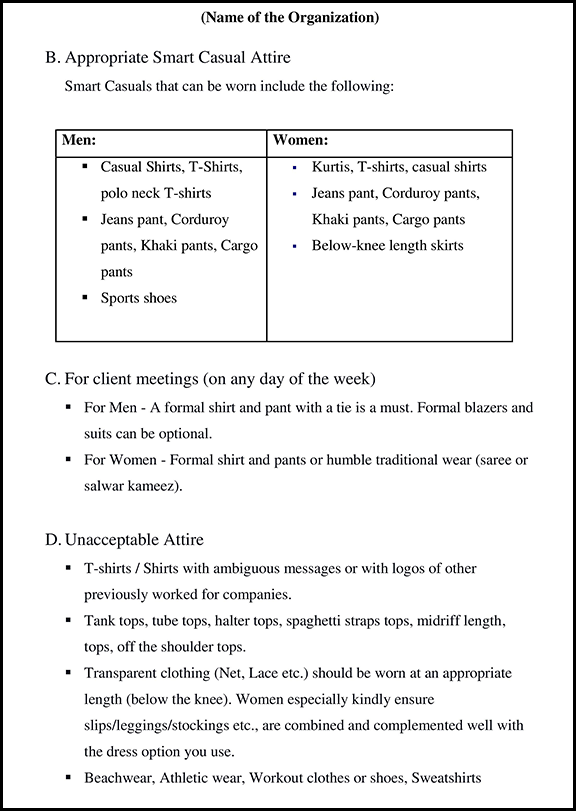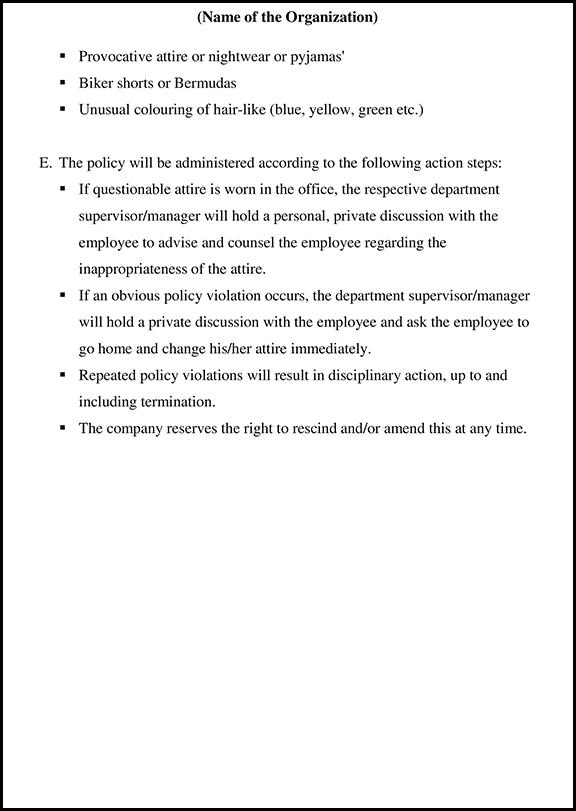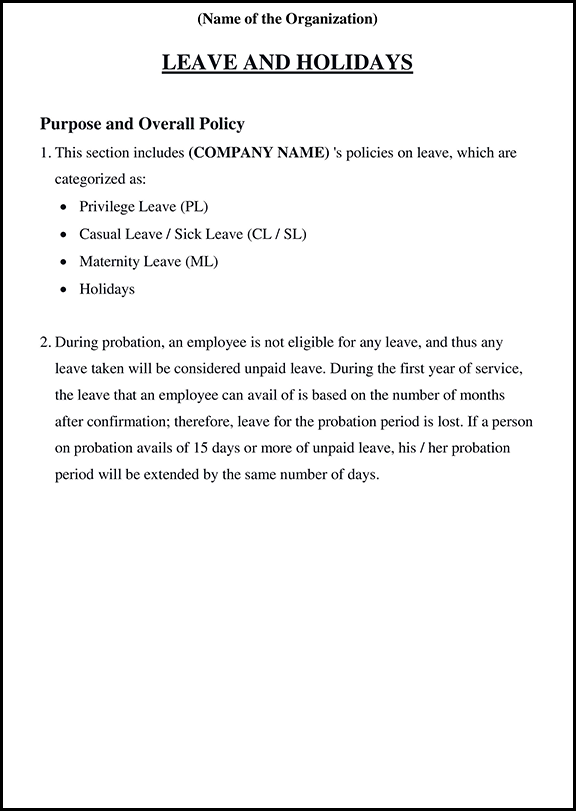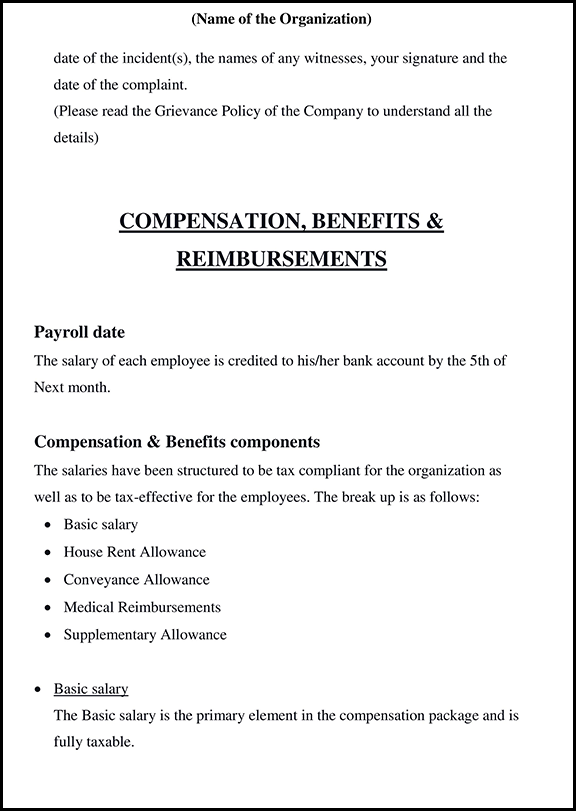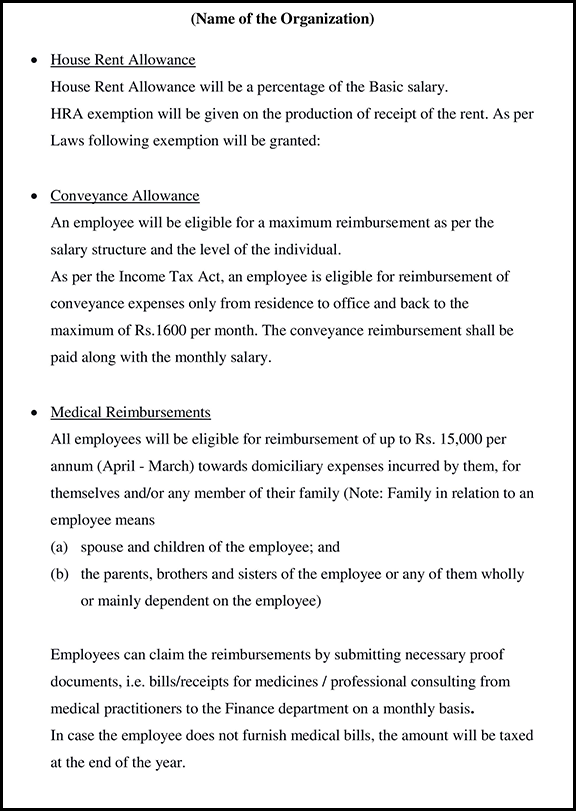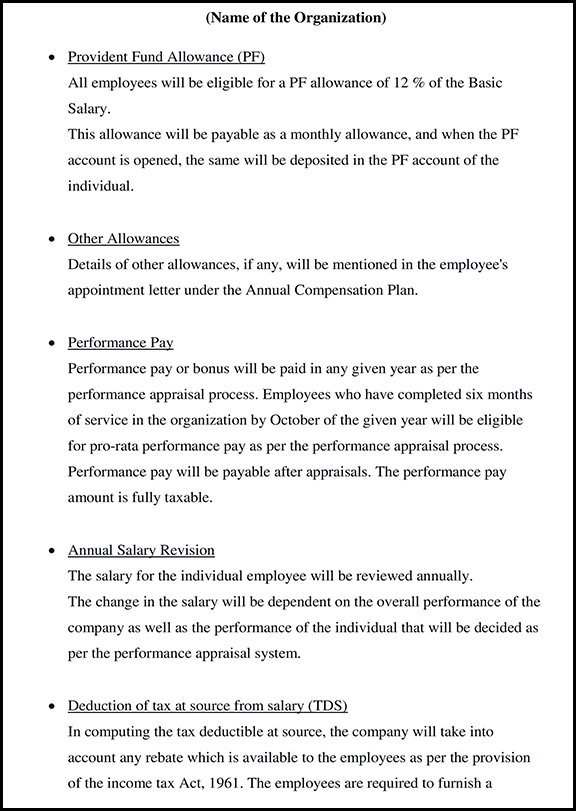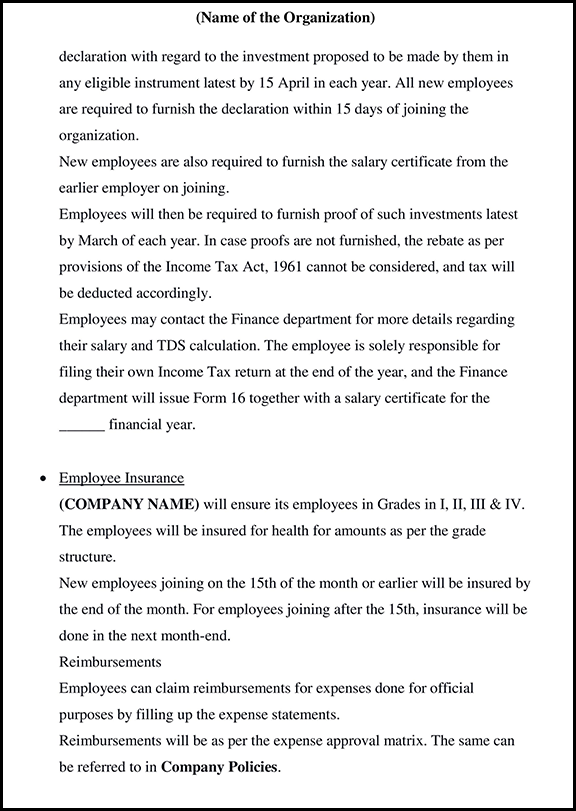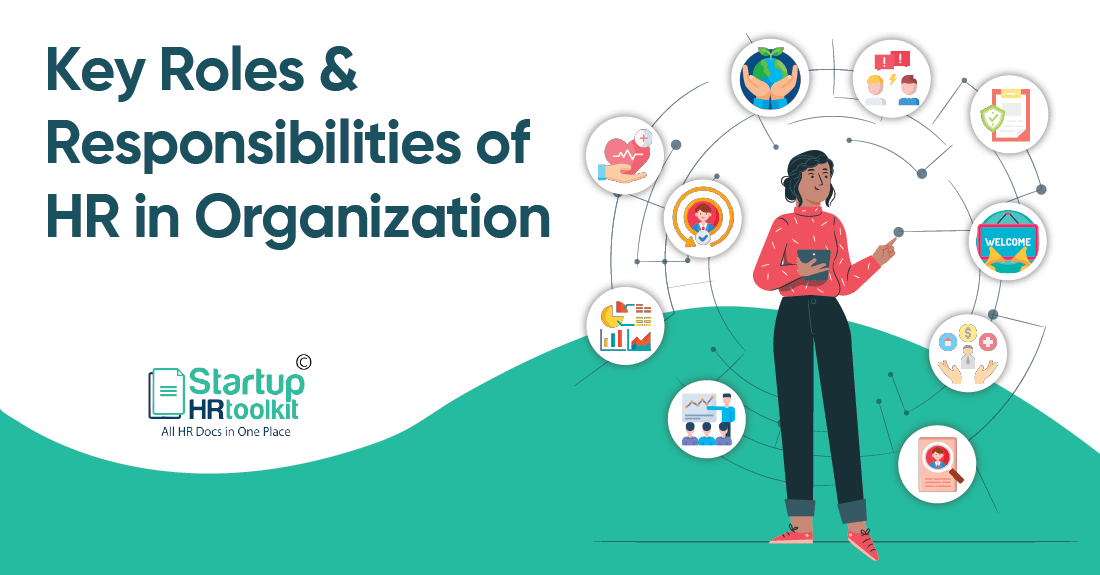
12 Key Roles and Responsibilities of HR in Organization
What is Human Resource?
The term Human resource came into existence in the 19th century in Europe. It was built on an idea by Robert Owen (1771-1858) & Charles Babbage (1791-1871) at the time of the industrial revolution. They realized that people are essential for the success of the organization. They also showcased that the well-being of an employee leads to perfect work. and the organization won’t be able to survive without quality human resources.
The human resource includes the people who constitute the workplace of a company or organization. In the corporate world, the roles and responsibility of HR is recruitment, training, administering, and developing company policies. The department of human resources in a company focuses on the most crucial asset of the company- its employees and will manage and shadow the employee life-cycle.
HR team ensures that the employees are satisfied, trained well, motivated enough, and have all the resources at their disposal to perform as expected.
They give a structure to the operations of the company and foster productivity for the organization’s success.
Now the Critical Question is, What is the Function of an HR?
There is a stark difference between a blooming Human Resource department that advances an organization’s growth and an HR department that only pops up during the company’s celebrations.
When you ask an employee what the HR department does, you will hear terms such as employee layoff, HR violation, or firing.
But in reality, human resource exists within a company to support the employees. So it is a “resource” for humans.
Some of the Tasks that the HR Department Do:
1. Recruitment of Candidates
The HR department is familiar with the kind of candidate required to fill a company position. Hence, they are given the task of selecting a qualified person for the job. However, the HR department must understand that recruitment is costly since the right employee can revitalize a company. But a wrong one can upend the companies operations.
2. Payroll Processing
The process of payroll is in itself an activity that the HR department is responsible for. It is concerned with arriving at a net pay after deducting all the taxes. Every business tries to carry out the payroll process in a smooth manner.
3. Policies of the Workplace
The HR department is responsible for the development and implementation of the policies in the company, such as discipline policies, the dress code, the ethics that the employees will have to follow, the duration of paid vacation given to the employees, etc.
4. Training and Development
Despite an employee being a new hire or an existing one, they will require regular skill-building sessions for career development to be productive and meet their personal and professional goals. Corporate training plays a vital role in this process, and it is the responsibility of the HR department to oversee and address the training needs of employees.
5. Performance Reviews and Promotion of the Employees
One of the roles and responsibilities of the HR department is the evaluation of the performance of the employees. These can be done on a semi-annual or annual basis. Performance review helps the manager know how the employees are doing, measure their contribution, and set expectations and goals.
12 Key Roles and Responsibilities of HR
The primary roles and responsibilities of the HR department are concerned with employing the people within the organization in a fashion that reaps the most benefits.
These areas contribute to maximum employee satisfaction and performance. By attending to these factors, the human resource department ensures that the company has an adequate workforce to achieve the organization’s goals.
Let’s Dive Into Each of these Lists of HR Duties and Responsibilities:
1. Recruitment & Selection
Before starting with what recruitment and selection entail, you should note that both the terms are different. Recruitment is concerned with searching for potential candidates for the business and encouraging them to apply for the vacant job position. On the other hand, the selection is choosing the best employees from the shortlisted candidates for the vacant job position.
Recruitment is divided into two types:
1. Internal recruitment consists of promotions, transfers of retired employees, contacts or referrals, etc.
2. External recruitment is through advertising, recruitment through campus, by third parties, unsolicited applicants, etc.
Employees well suited for the job will be highly productive in their work, and the entire company can enjoy the success. Therefore it is in the roles and responsibilities of HR to ensure the right candidate is selected for the position.
HR plays a vital role in analyzing all the candidates, researching the job roles, and consulting the managers before finalizing the right candidate.
The company’s HR takes the interviews of the potential candidates, and they are the first people(s) that a new hire will interact with.
Factors That Can Enable a Successful Recruitment and Selection Process:
1. Proper job postings with job descriptions
HR should always create a database with the job posting and define the job description with crucial details. Databases make it convenient for the candidates looking for the job to apply and for the HR managers to evaluate.
2. The application process should be simple
HR should try not to make a very the process of applying to the company a complicated one. One of the crucial things to note is when you are searching for a potential candidate for your company, portray the company as a place that will give them a seamless experience.
3. Post the job vacancy on your website
HR should ensure that the website has the details of all the vacant job positions available for the candidates. Besides reputable social media platforms, make sure the official website also has the information.
4. Maintain cordial relations with the candidates
There are always situations in which a candidate might not get selected immediately but could be a good hire for a future job role. HR should keep in touch with them to build relationships and reduce the time to hire new candidates in the future.
2. Induction
Induction is the process of introduction of the job and the organization to the new employee. It involves welcoming an employee to be a part of the organization and providing them with the basic information they might need to be well acquainted with the company.
Does it sound tricky?
It can be if you don’t have a good process in place. The purpose of the induction process is to explain.
1. about their roles and responsibilities,
2. the company policies
3. the hierarchy of the company, and its duties.
The induction process is a little different from onboarding and is concerned with the initial introduction of the new employee to the company. Onboarding an employee is a strategic process that lasts at least one year.
HR department carries out the process of induction with the new hire. Keep in mind that this process is mutually beneficial for the company as well as the employee.
Benefits of an induction program to the HR:
1. The HR department will save time and resources if the process of induction is carried out smoothly. Eight out of ten employees that leave the organization are new hires.
2. It allows you to get creative. Even though induction is one of the roles and responsibilities of HR, they can showcase the company’s strong points.
3. The induction process should be carried out effectively and efficiently. Employees armed with proper knowledge and skills can contribute to the company better and faster.
3. Training & Development of New Employees
The approach to training and development has seen a significant shift in the last few years. Companies have realized the importance of training their employees and have started investing in their development.
A changing business world means companies need to be attentive towards their employee development. They need to prioritize and support their employees in acquiring the skill.
A survey by GetSmarters, “the Future of work is here”, says that upskilling or reskilling is a responsibility jointly shared by the business and the employee.
Here are five reasons why HR should pursue employee training:
1. Employee retention
One of the significant challenges for any company is retaining the employees that have been hired. An employee will only be loyal to your company if they are presented with adequate career development opportunities.
In addition, the appetite for upskilling has increased, and employee retention is a turning point that can make or break your company.
“More than half the professionals surveyed by GetSmarter in 2020 say they’re either somewhat likely or very likely to change jobs in the next 12 months. Even more notable is that 51% claim they may change job functions or business areas entirely.” *
2. Addressing the weakness of the employees
When HR evaluates the performance of your employees, they will get a better understanding of skills that might be lacking. Training programs thus help the employees to overcome those weaknesses and perform accordingly.
3. Increases the capacity to adopt new technologies and methods
Giving the employees a platform to train and upskill themselves regularly allows them to e educated about the latest developments with technology, processes, or models.
4. Boosts the morale and job satisfaction
When a company invests in training its employees consistently, they also feel like an important asset, increasing the job satisfaction of working for a reputable company. Moreover, it keeps them motivated to do their best professionally.
5. Companies get a competitive edge
In the current business environment, industry trends, technologies, and innovations are constantly changing. This makes it crucial for the companies to recognize the importance of training their employees to be at par with their competitors. When you have adopted robust employee development programs, your employees will adapt to the changes faster, giving your company the needed edge it requires to stay at the top.
4. Performance Appraisals & Promotions
Performance appraisal is concerned with periodic evaluation of the performance of the employees so that managers can understand their progress and minimize their shortcomings.
Of the many roles and responsibilities of HR, ensuring smooth implementation of the appraisal process is one.
The HR department should be familiar with the responsibilities of each employee so that HR can do the evaluation based on their key areas. Therefore, an HR professional can sit with functional departments in a company and understand the tasks assigned before starting with the appraisal.
Make sure you make the criteria of the appraisal clear and transparent to the employees. In addition, providing the required training to the employees for a smooth run of assessment is essential.
Some employees have a negative approach to the appraisal process. It is the role and responsibility of HR to change the perception. Performance appraisal is essential to give feedback to the employees to increase their salaries and give them professional guidance.
After the appraisal process is completed, HR needs to hand the report to all the employees. Therefore, making sure that every employee is satisfied with the appraisal process is essential.
Advantages of Performance Appraisal:
1. Promotion: Appraisal reports can help managers see which employees can be promoted and shoulder more roles.
2. Compensation: Appraisal reports help outline compensation package for employees.
3. Employees development: A systematic procedure helps the HR department make sound policies and programs for the training process.
5. Compensation & Benefit
The term compensation and benefits include all the benefits a company provides to its employees in exchange for their job.
Any person looking at a new job prospect will first see the salary. But in reality, compensation is much more than a regular paycheck. Benefits provided by the company are indirect pay such as insurances, stock options, housing facilities, transportation.
But why are they so important?
1. It is a rule that everyone is familiar with: “people do not work for free”. A social contract exists between an employer and employee in which the employee works and the employer pays for the job.
2. On the other hand, benefits make up 31.4% of the cost of employing someone. Therefore, benefits and compensation are essential to retaining your employees. Even though the government sets a minimum wage for employees, companies can decide their salary rates.
3. The roles and responsibilities of HR include being familiar with the market rate. The market rate is the amount a company is willing to pay for a service. HR can use a salary survey to get an idea of the market rate since people are not transparent in disclosing their salary amounts.
4. However, positions vary from company to company, and HR cannot base the salary just on the data they’ve collected. HR will also have to determine the salary scale. Since employees in any organization have varied skills, paying the same salary to everyone is not ethical.
6. Employee Retention
Every organization needs loyal employees who will work with the company and grow with the company. Therefore, the management needs to retain employees who think highly for their organization and contribute their best.
The roles and responsibilities of HR entail retaining their top performers.
1. When an employee is resigning from their job, HR has to intervene and find out the reason. This is because no employee will leave the organization without having a basis. Therefore HR needs to get behind it and find out the cause.
2. HR has to get the employee to communicate about the issue they might be facing with the company or their colleagues. If HR can get the employee to be comfortable with them, they might understand their points of view. This will help them take the necessary steps to use while solving the issue.
3. During the recruitment process, HR needs to ensure that they hire the right person for the role. An employee not happy with their work will have a higher chance of leaving the organization.
4. Motivational activities must be conducted by HR to keep the employees satisfied. We need to remember that they are the most critical asset, so keeping them satisfied in their jobs is of utmost priority. In addition, internal and external training and
Extra-curricular activities will make the employees feel comfortable with the company.
5. Incentive schemes for the top performers should be initiated regularly. If the employees give their best to the company but do not get any approval in return, they will never feel satisfied with their job. A friendly atmosphere and friendly manners can go a long way to reduce the turnover.
7. Employee Engagement
Employee engagement describes the enthusiasm and dedication the workforce has for the company. Engaged employees care more about the company, about the work, and are most forward in their interactions with the other colleagues.
Employee engagement has been a part of management theory since the 1990s and became widely adopted in the 2000s. It is a major driving force for employee performance. Companies with engaged employees will have higher earnings per share and higher chances of recovering post recessions and setbacks.
A recent survey of Gallop has shown that only 15% of the global workforce are engaged in their work. It is, therefore, a big deal for HR to keep the employees involved with their work.
So now the question arises, what will be the roles and responsibilities of HR in this right?
1. HR plays a pivotal role in the engagement of employees. They are the first set of people that employees meet and the last when they leave the company.
2. Now ask yourself this question. What makes employees engaged at work? It could be fulfilling work, satisfactory compensation, many benefits, personal and professional development, and the list goes on.
3. All the HR fundamentals should be correct to keep the employees engaged. Good employee engagements require HR to have a holistic view of the contract between the employer and the employee. In addition, HR needs to ensure that the employees have the right skills, tools, and workspace to feel at ease.
4. Just thinking about the employees of the company is not enough. The domain of HR also includes looking after the managers and leaders. Management engagement can also prove to be a significant barrier to the company’s success if not appropriately handled.
8. Design Workplace HR Policies
HR policies are the formal rules and regulations that a company introduces to hire, train, develop, and reward its employees. The implementation of HR policies can aid the organization both internally and externally.
Without an established set of policies, the HR department will not give the correct solutions to disputes that may arise. So how does HR define the policy?
1. Identify the need for a policy
Understanding the business culture and the company’s requirements is essential when a new policy is being formulated. For example, companies can create policies if changes happen within the company or a government sets a new standard for the companies to follow.
2. Companies should clearly define roles during policymaking
Usually, in large companies, boards or committees are appointed and given the task of forming policies for the company. It is therefore essential to see who to involve and what their role will be during the formulation.
3. Do not use outdated information
One of the critical roles and responsibilities of HR is always to be up-to-date with the current information. In addition, since they have the responsibility to keep on updating the policy, they need to make sure that the content of the policy is not outdated or the policy becomes obsolete.
9. Performance Analysis
Performance analysis is the measurement of performance against a standard set. In human resources, performance analysis can help them review the employee’s contribution towards a task or a project.
There are three steps in performance analysis.
1. Data collection
2. Data transformation
3. Data visualization
How can the HR department perform the task of analysis?
1. Start with the positives
The HR team needs to deliver a bad review that is taken as constructive criticism by the employee. HR should never start with all the work that needs improvement. Instead, they should first walk the employee through praises on the excellent work and then convey their weaknesses with a non-judgemental tone.
2. Recording performance annually
HR should record the performance of all the employees, be it good or bad. Documenting the work of the employees can help HR to communicate with employees better during a one-on-one evaluation.
3. Avoid making it personal
Conveying their weaknesses should ensure that no judgments are made on the character of the employee. Instead, the evaluation should be solely based on the performance and not the employee’s personality.
10. Maintaining a Work Environment
One of the critical roles and responsibilities of HR is maintaining a positive working environment in the company. As a result, it improves productivity and reduces costs to absenteeism, turnover compensation for workers, and medical claims.
As the saying goes, “A happy and healthy employee is a productive employee”. Therefore, the human resource department should ensure that the employees enjoy the work they are responsible for and are getting along with their colleagues and managers.
Here are some ways HR can ensure that a healthy work environment is maintained
1. Promoting wellness: Organising weekly exercise programs such as yoga sessions or retreats near the office can help everyone have a healthy approach and have informal conversations.
2 Have a fair employee policy: The HR department should not be biased regarding the employees and ensure the same company policy applies to all.
3. Break-time: A key to a healthy workplace environment is ensuring that employees have a quick 5 minutes break. If the company’s HR follows this practice, the employees will be more comfortable to follow the same. In addition, there are a lot of free apps that employees can use, such as PC work break or Eyeleo, that can act as a reminder to take a scheduled break.
4. Appreciate the employee: The manager and the HR’s responsibility is to praise the employees on a job well done. Lack of praise is always considered a flawed approach.
11. Resolve Conflict
The human resource department acts as a mediator to solve conflicts between two employees, managers, and employees. As toxic as this situation might be for the people at the company, the HR department can lessen these types of conflicts.
The HR department will follow conflict resolution policies to reach an acceptable solution for the parties involved.
The roles and responsibilities of HR revolve around reducing the chances of conflicts between people within the organization. Appropriate disciplinary actions are put into place, and the details are communicated to everyone. Unfair treatment, terrible working conditions, allegations of discrimination, etc., all fall under the purview of the HR department.
12. Ensure Health & Safety of Employee
HR plays a pivotal role in ensuring the health and safety of the employees. Employees spend 8-10 hours of their day in the company, so it is a significant role and responsibility of HR to ensure the safety and health of its employees.
1. Set the tone during recruitment and hiring
The way HR recruits candidates set the tone of the company culture for the employee. If the process is carried out with a healthy attitude, it reflects positively on the company.
2. Implementing a safety program
It is HRs responsibility to initiate a formal safety program in the organization for the employees, such as:
- Smoking and drinking cessation
- Proper guiding tour on using heavy machinery
- Physical fitness
3. Making sure the employees know the benefit they have
In a world that is all about “me”, one of the challenging tasks for HR is making the employees aware. They need to ensure that the employees know how beneficial safety and health program initiatives are for them.
4. Champion safety
The HR department needs to be the epitome of safety. It is partly because of their job description, which is tasked with making sure the employees who come for work are adequately trained, given a good workplace, and informed about the goals and objectives.
How do the Roles and Responsibilities of HR Help Employees?
1. Provide Career Growth
An employee will only be loyal to the company if they are growing as the company grows. It is in the roles and responsibilities of HR to ensure that employees can reap the maximum benefits through career growth. A company suffers when its best employees leave them. If HR starts providing career paths to the employees, it can go a long way to ensure they stay true to the company.
2. Offering Continuing Education Opportunities
For HR, helping the employees grow personally and professionally is part of the job description. Some companies understand the importance of well-educated employees and how beneficial it can be for the organization. Companies see it as a good investment that will give them good profits in the future.
HR can determine which training and skill development sessions the employees should undertake. The performance evaluation reports of each employee can help HR find each employee’s weak points and give them training sessions accordingly.
3. Training and Guiding Managers
It is not a one-day task to be appointed as a manager of the company. They aren’t born but are created. HR plays a significant role in molding an employee into a manager. Proper and adequate guidance to the managers can shape the company’s future. Periodical training sessions and skill advancement workshops can help the managers be at par with the latest advancement and new trends.
4. Promotes Health and Wellness
Companies should remember that the people working for them are humans. Given the employees’ level of stress, companies and HR should take the initiative to act as stress busters for the employees. For example:
1. HR should encourage employees’ connections with other colleagues to make informal meetings.
2. Some companies have adopted the system of nap rooms in their offices.
Conclusion
The human resource department is a vital seed for a company’s growth. They are responsible for more areas than recruitment, training, or pay. They shape the company’s culture, make sure the employee engagement is at the highest, and everyone is satisfied with the jobs they are assigned to do. A company is only good as its people, and the HR department is in charge of those people. As the saying goes,” Human Resources isn’t something we do. It is something that runs our business”.
Join a Community of 1,00,000+ HR Professionals










